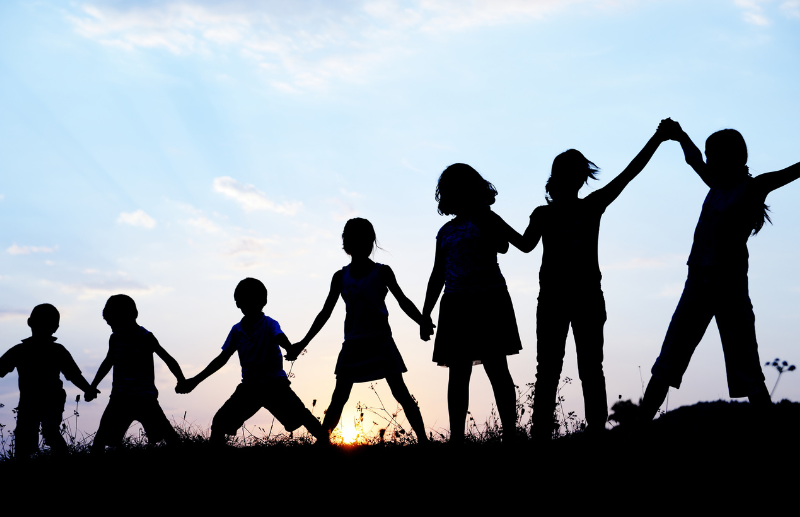11th Anniversary of Rwandan Genocide Memorial: Dr Sev Ozdowski OAM (2005)
I would like to acknowledge the traditional owners of the land on which we stand, the Eora People, and pay my respects to their elders both past and present.
I would like to acknowledge the traditional owners of the land on which we stand, the Eora People, and pay my respects to their elders both past and present.
Speech by Dr Sev Ozdowski at the United Nations Association of Australia - Tasmanian Branch - Human Rights Seminar: Human Rights from the Perspective of Individual, Collective and Corporate Responsibilities, Saturday 17 November 2001
The right to non-discrimination on the basis of sex and immigration regulations: Abdulaziz, Cabales and Balkandali v The United Kingdom (28 May 1985) Eur Court HR
As many of you know, for over a decade Dr Kidd has been a tenacious and dedicated advocate for the rights of Indigenous people. She has focused especially on the gross inequities that occurred through and under the various 'Protection Acts' that operated in Queensland from the 1890s to the 1980s.
To some of you the role of The Human Rights and Equal Opportunity Commission (HREOC) in the industrial relations scene in Australia will be well known, others of you may be wondering why a representative of a human rights body would be speaking on this occasion. I propose therefore to briefly summarise HREOC's role in the administration of federal anti-discrimination law, including its complaint handling function, and to give some recent statistics.
I begin today by thanking Granny Alice Yeatman for her warm welcome to Yarrabah and paying my respects to the Traditional Owners, on whose land we meet. Good morning ladies and gentlemen, my Aboriginal and Torres Strait Islander brothers and sisters, distinguished guests.
I would like to begin by acknowledging the Gadigal people of the Eora nation, the traditional owners of the land on which we meet and pay my respects to their elders past and present.
I would like to start today by acknowledging the Gimuy Walubara Yidinji people on whose land we are on today and pay my respect to your elders both past and present.
Thank you Tom, for inviting me to speak today. Firstly, I would like to acknowledge the traditional owners, the Gadigal People of the Eora Nation, and thank Uncle Charlie for his generous welcome to country.
We're here today for the launch of two reports: a report on social justice and another report on native title. These reports are to be launched by their author, the Aboriginal and Torres Strait Social Justice Commissioner, Dr William Jonas.
Transcript of remarks made by Graeme Innes AM Deputy Disability Discrimination Commissioner, at the launch of the revised Commonwealth Disability Strategy, Parliament House, Canberra, 5 October 2000
I am very pleased to be able to contribute to this Forum and would like to congratulate the co-convenors, Rhonda and Fiona, and their organisations for this initiative, which is just one part of the Disability Advisory Council's Disability Action Plan Project running throughout 2006.
Thank you Anne-Mason and Ruth for this invitation to address your AGM on health access issues, and in particular access to height adjustable examination beds in primary health care facilities.
It's important for us all in talking about reasonable adjustment not to appear to present employing people with disability as something new or exceptional being asked of employers.
Being a young person can be tough. Sometimes it can feel like you don’t have a say about things that affect you. But you do! Having a say is one of your rights. Understanding your rights will give you the power to stand up for yourself and the people around you. So, let’s break down what children’s rights are.
Human rights are special protections that help us live a happy, healthy life. Human rights protect the things that we should all have—like clean water and safety. Your rights should always be respected and never taken away from you.
Human rights are universal and equal. Which means:

Children have special rights to meet their special needs. They are written down in an agreement made by world leaders in 1989—the United Nations Convention on the Rights of the Child.
Visit our media centre for up to date contact details for all media enquiries.